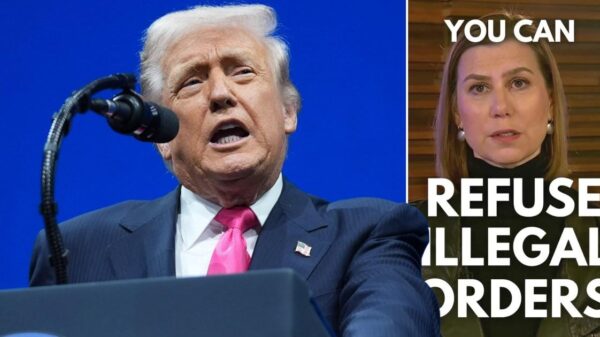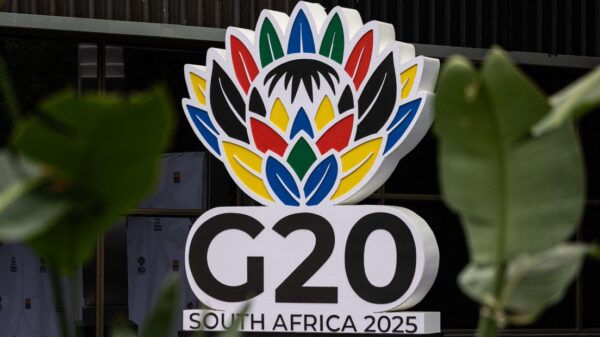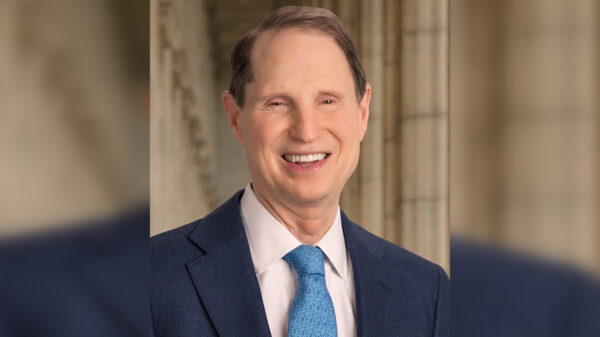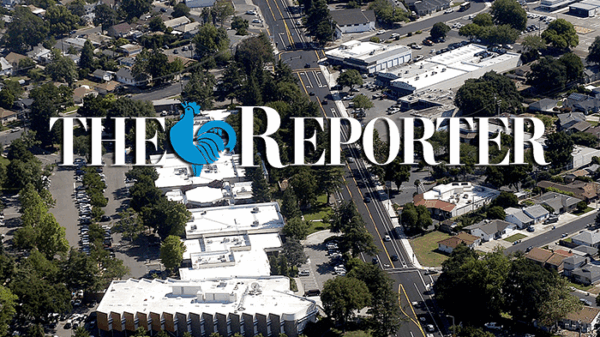Homeland Security Secretary Kristi Noem announced on March 23, 2024, that her department will intensify immigration enforcement efforts, bolstered by funding from a new domestic policy law signed by President Donald Trump. During a news conference in Tampa, Florida, Noem stated, “Now that the president’s reconciliation bill, the ‘big, beautiful bill,’ has passed, we also have more resources. We’re going to come harder and faster, and we’re going to take these criminals down with even more strength than we ever have before.”
The recently enacted law significantly increases financial support for agencies under the Department of Homeland Security (DHS), particularly Immigration and Customs Enforcement (ICE) and Customs and Border Protection (CBP). ICE is set to receive nearly $75 billion through 2029, which includes $45 billion earmarked for expanding detention facilities. Additionally, CBP is allocated over $46 billion for border wall construction.
Justification of Enforcement Measures
Noem defended the administration’s stringent immigration policies, which have included efforts to eliminate birthright citizenship and recent immigration raids across Southern California. She asserted that Trump has a mandate from the American public to enhance community safety. “We have all the right in the world to go out on the streets and to uphold the law,” she emphasized, asserting that the current operations will not change.
These statements come on the heels of a federal court ruling that challenged DHS’s practices. On March 22, 2024, US District Judge Maame Ewusi-Mensah Frimpong, appointed by former President Joe Biden, ruled that DHS had conducted immigration stops and arrests in Los Angeles without probable cause. The judge issued a temporary restraining order against detaining individuals based solely on race, ethnicity, language, or location.
When a reporter raised the judge’s ruling during the news conference, Noem referred to the judge as “an idiot” and reiterated her stance on the law enforcement actions. She dismissed the judge’s findings as “absolutely false.”
White House Response
The White House criticized the ruling, asserting it overstepped judicial authority. White House spokesperson Abigail Jackson stated, “No federal judge has the authority to dictate immigration policy — that authority rests with Congress and the President.” Jackson emphasized that immigration enforcement operations require planning and execution that fall outside a judge’s jurisdiction.
As the administration gears up for more aggressive immigration enforcement, the implications of these policies and their legal challenges are likely to continue shaping the national discourse around immigration in the United States. The increased funding and the administration’s commitment to stricter enforcement reflect a pivotal moment in the ongoing debate over immigration policy and enforcement practices.




































































